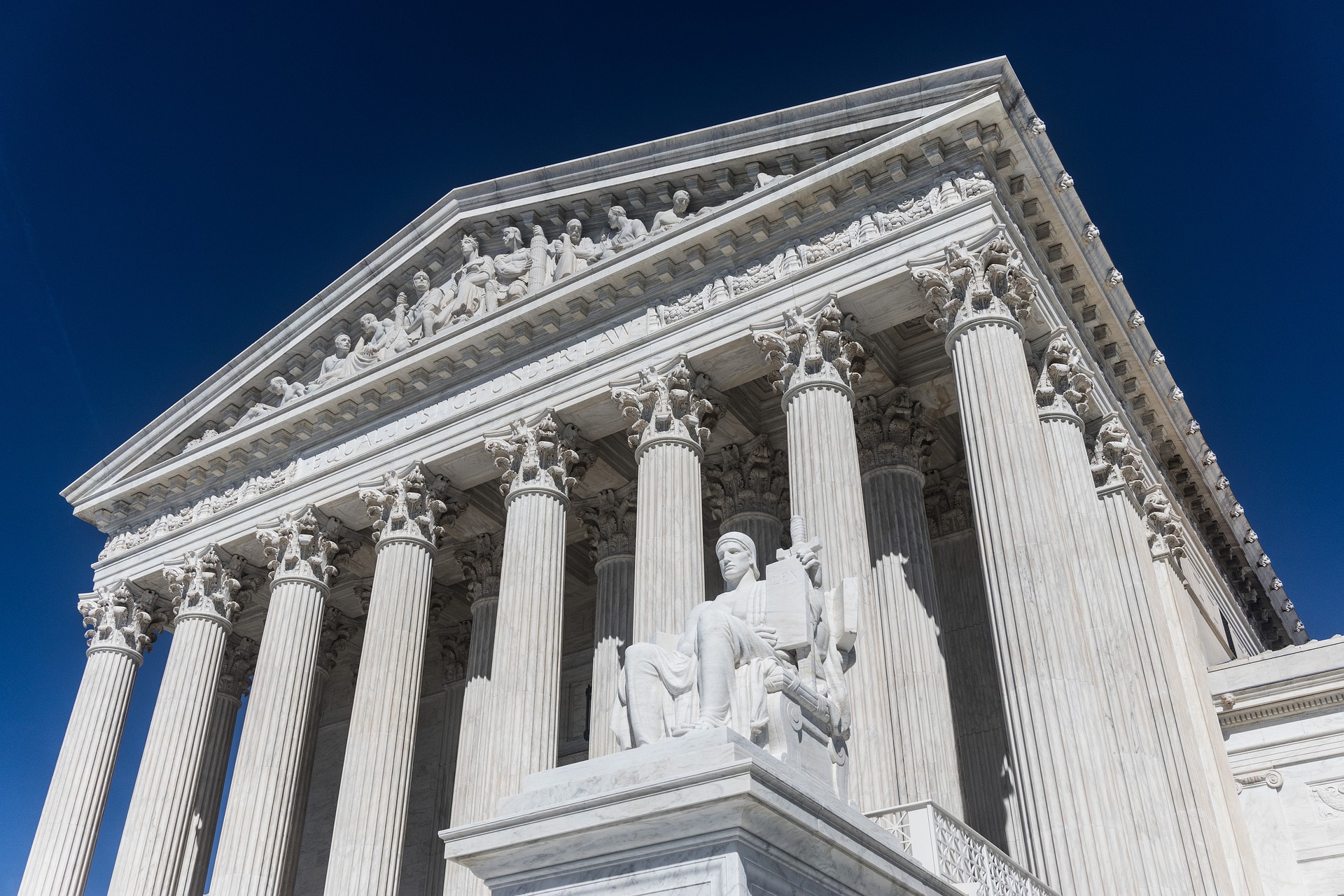"Unraveling the Intricacies of Sovereign Immunity in the United States"
Sovereign immunity, a legal doctrine that shields the state from lawsuits, is a complex and significant facet of the U.S. legal system. This article delves into this topic, tracing its origins, exploring its evolution, and discussing its far-reaching implications.

The Historical Genesis of Sovereign Immunity
Sovereign immunity finds its roots in English common law, with the age-old maxim, “the King can do no wrong.” This principle was adopted by the United States, where it has evolved over centuries to become a critical element in the nation’s legal framework. The doctrine essentially provides the federal and state governments with legal protection against suits, unless they consent to be sued.
The Evolution of Sovereign Immunity in U.S. Law
Since its inception, the doctrine of sovereign immunity has undergone significant transformation in the United States. The Eleventh Amendment to the Constitution, ratified in 1795, was a crucial milestone that granted states the right to invoke sovereign immunity in federal courts. However, the U.S. Supreme Court has consistently held that the federal government also enjoys a form of sovereign immunity known as “the federal common law of sovereign immunity.”
Current Legal Developments in Sovereign Immunity
In recent years, there have been contentious debates around sovereign immunity. Critics argue that the doctrine can shield governmental entities from accountability. However, others maintain that it is necessary to protect governmental functions and ensure fiscal stability.
There are exceptions to the doctrine, such as the Federal Tort Claims Act (FTCA), which allows individuals to sue the federal government for damages resulting from negligent acts by its employees. Similarly, most states have enacted laws that waive their sovereign immunity in certain circumstances.
Implications and Impact of Sovereign Immunity
Sovereign immunity has far-reaching implications for society. Primarily, it protects governments from disruptive and potentially crippling suits. However, it also poses challenges to aggrieved individuals seeking redress from the government.
The application of sovereign immunity can lead to controversial outcomes. For instance, in instances where government negligence may have led to harm, the doctrine could potentially shield the government from liability. This raises critical questions about accountability, fairness, and the balance of power.
Balancing Sovereignty and Accountability
Sovereign immunity is a complex legal doctrine with deep roots and wide-reaching effects. While it plays a crucial role in protecting the functioning of the government, it also raises questions about the balance between governmental immunity and individual rights. As legal scholars and policymakers continue to grapple with these issues, the evolution and interpretation of sovereign immunity will undoubtedly remain a significant topic in U.S. law and governance.




